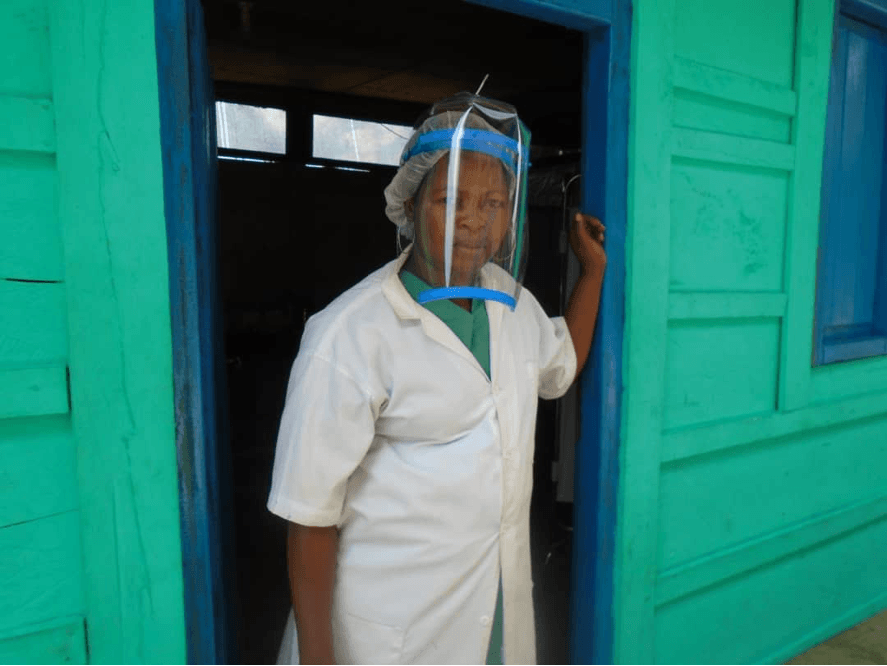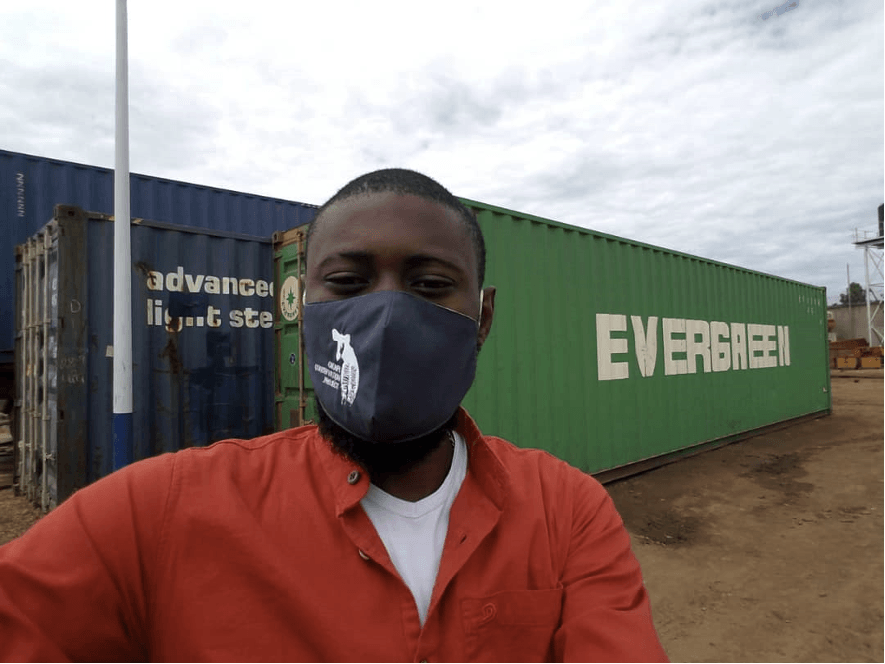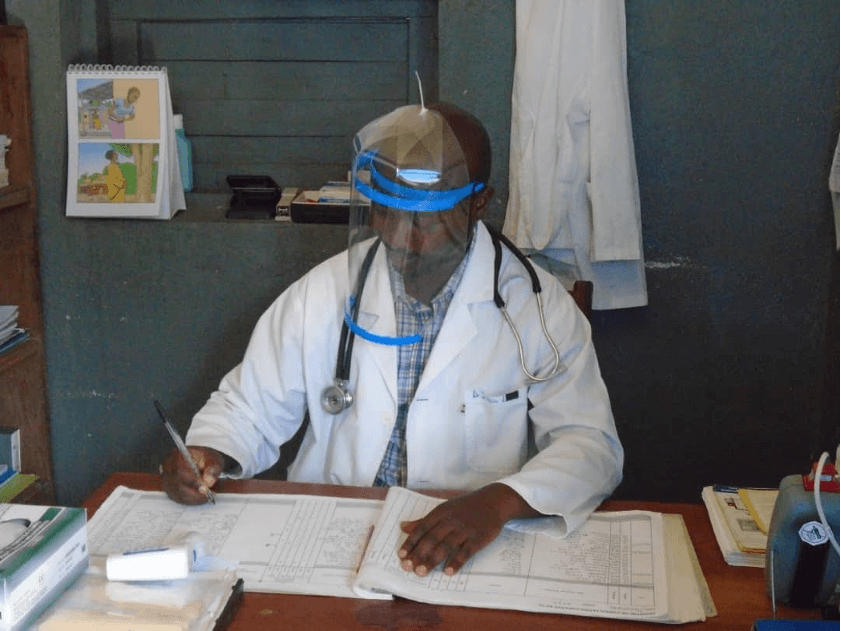The Democratic Republic of Congo (DRC) is no stranger to viruses. Several Ebola epidemics have wreaked havoc over the past seven years, and despite the virus’s presence and limited resources to prevent the spread, the Congolese people have conquered the disease each time, most recently with the Ebola epidemic in Eastern DRC ending in June 2020.
But now the DRC is facing another threat – COVID-19. With limited resources and an ever-present concern of spreading to areas with limited access to healthcare, the onset of another life-threatening virus can overwhelm healthcare facilities. The near complete lack of COVID-19 testing also makes it difficult to know how many cases there actually are.
Okapi Conservation Project (OCP) has seen what a lack of access to proper healthcare imposes on a community. Easily treatable diseases often present legitimate threats in more remote areas like in and around the Okapi Wildlife Reserve. While OCP’s focus is on protecting okapi and their rainforest home, we have always believed that assisting communities with their greatest needs helps reduce their impact on the surrounding ecosystem. Without the collaboration of communities, conservation could never truly be instilled as a core value for future generations. We work to empower residents by providing necessary resources, like clean drinking water and access to healthcare, to improve their livelihoods and open up discussion about conservation.
Foreseeing the oncoming trials for healthcare workers and to help prevent the spread of viruses in the region, OCP rapidly began taking steps to buffer the country’s more remote but populated eastern region from the pandemic. With generous support from LTA Research and Exploration, OCP was able to distribute 100,000 face shields to healthcare workers throughout the Ituri and Haut-Uélé provinces of northeastern DRC, where the Okapi Wildlife Reserve is located.
Coordinating a shipment of 100,000 face shields, enough to fill a 40 ft. shipping container, is no easy feat. After a 30-day voyage across the Indian Ocean from China, the face shields arrived in Mombasa, Kenya and then traveled by truck to Kampala, Uganda. They then had to be loaded into another truck and container owned by Okapi Logistics, which then traveled to the DRC border city of Bunia.
But getting the face shields to Bunia was only half the battle.
In Bunia, the face shields were handed over to the provincial governments to be distributed across the two provinces with help from Samaritan’s Purse, a nonprofit that works closely with healthcare providers across the Congo. They then delivered the face shields to some of the most remote areas in the region, where poor road conditions often lead to tumultuous journeys.
Healthcare workers already put their own lives at risk working around the clock to save the lives of others. Giving them proper PPE is necessary to ensure that they stay safe. We are starting to see COVID-19 cases occur in the Ituri province, proving that the face shields could not have arrived at a better time.
“You know that we are going through a very difficult period with COVID-19, we did not have a lot of equipment to fight this pandemic, we had some masks but that was not enough, and by receiving these face shields, I think all our healthcare staff will benefit.” – Dr. Patrick Karamura, Provincial Minister of Health of Ituri Province
The COVID-19 pandemic is a global threat, but through the collaboration of global partners, we can unite to stem the tide of its influence and defend those most vulnerable to it. While our work is often intertwined with difficulty, we are so grateful for our staff and the healthcare workers who remain resolute and tireless in their work. We are fortunate to have the opportunity and ability to preserve an area brimming with biodiversity, tradition, and people of such fortitude. And by helping take care of their health, they can help us take care of okapi and other wildlife.




